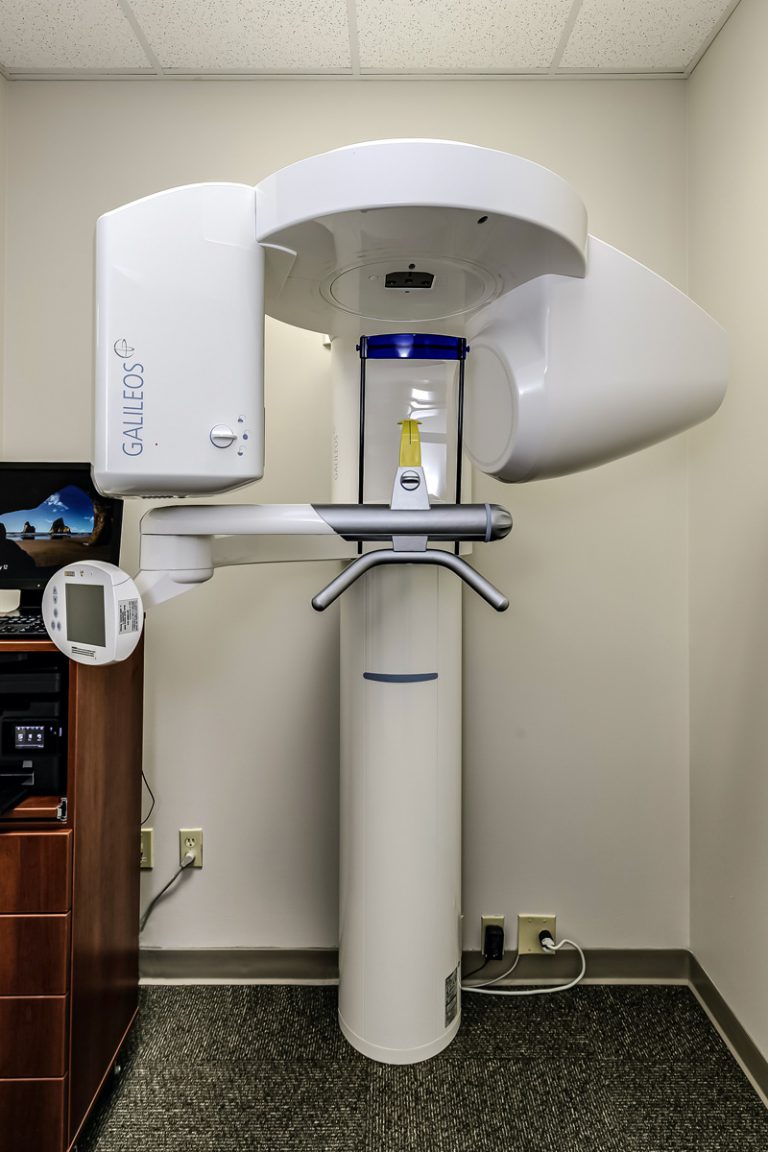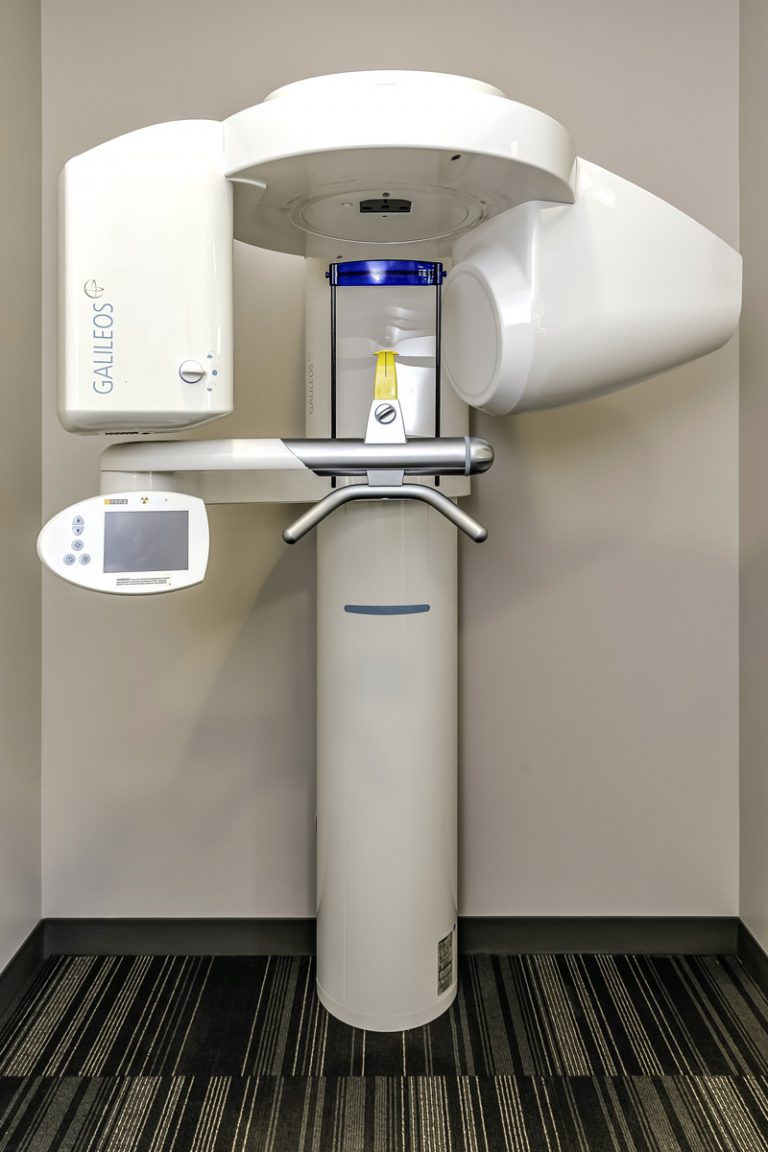To Buy Levaquin Over The Counter Visit Our Pharmacy ↓

Possible Side Effects of Levaquin
Other risk factors include a weakened immune system, smoking, and certain medical conditions like asthma or cystic fibrosis. Another alternative is phage therapy, which uses viruses to attack bacterial infections instead of antibiotics. It is important not to crush, break or chew Levaquin tablets. Levaquin has demonstrated significant efficacy in treating bronchial inflammation. It is essential to inform the prescribing doctor of any pre-existing medical conditions, such as kidney disease, diabetes, or heart issues, to avoid severe side effects. It has proved effective in treating severe bacterial infections that were once difficult to manage, and has become popular for its ability to provide quick relief from symptoms. It is worth noting that some vitamins and supplements can also interact with Levaquin.
What Is Tendonitis?
It can penetrate bacterial cells rapidly and effectively, making it a potent antibiotic against a range of bacterial infections. While Levaquin is still used for certain bacterial infections, alternatives to this highly prescribed antibiotic are available and should be considered in light of the resistance crisis. It belongs to the fluoroquinolone class of antibiotics and is known for its effectiveness in treating a range of bacterial infections. Taking Levaquin for an insufficient amount of time can cause antibiotic resistance. Ultimately, reducing the overuse of antibiotics, including Levaquin, is the best way to combat antibiotic resistance and preserve the effectiveness of these medications for future generations. If you miss a dose of Levaquin, take it as soon as possible, unless it is close to the time for the next dose, in which case you should skip the missed dose and continue with your regular schedule. Levaquin can be taken with or without food, but should be taken with plenty of water to prevent dehydration.
Alternatives
This condition, characterized by inflammation of the bronchial tubes, is commonly caused by bacterial infections. By examining the range of patient experiences, healthcare professionals and individuals suffering from chronic sinusitis can make more informed decisions about whether Levaquin is a suitable treatment option for their specific conditions. In this article, we explore the power of Levaquin and how it works to combat infections. It has gained popularity for its fast-acting ability to combat infections and effectively fight against antimicrobial-resistant infections, which have become a significant concern in the medical community. Levaquin and tendonitis have been a subject of concern among patients who have taken this antibiotic medication. When Levaquin damages collagen, tendons can become weakened and more susceptible to injury. Chronic sinusitis is a condition characterized by inflammation of the sinuses that lasts for more than 12 weeks.
Dosage and Administration of Levaquin
However, Levaquin is also associated with more side effects than other antibiotics. In fact, Levaquin has transformed the way we think about antibiotics and their potential to save lives, making it a medical breakthrough of monumental significance. However, in recent years, concerns have been raised about the potential side effects of taking Levaquin, including the risk of developing tendonitis. The drug is particularly popular due to its high potency and the swift relief it provides to patients with infections, earning it the nickname of "miracle drug." In this article, we examine the rise of Levaquin and what makes it an important player in the world of antibiotics. Levaquin is a type of antibiotic that is classified as a fluoroquinolone. Consulting with healthcare professionals and conducting further research is essential to fully understand the potential benefits and limitations of Levaquin as a treatment for chronic sinusitis. Levaquin is a powerful antibiotic drug that has been praised for its efficacy in treating serious infections.
Exploring Levaquin's Antibacterial Properties
It is effective against a wide range of bacteria, including those that cause urinary tract infections, pneumonia, skin infections, and sinusitis, among others. This risk is believed to be higher in older adults, those with kidney problems, and those who take the medication for a prolonged period. When a tendon is damaged or overused, it can lead to pain, swelling, and stiffness. In some cases, the drug may cause more serious side effects such as tendon rupture, liver damage, and seizures. These drugs can interfere with the absorption and effectiveness of Levaquin. However, it has been linked to serious side effects including tendonitis and tendon rupture, particularly in patients over the age of 60 and those taking corticosteroids. Another alternative is using corticosteroid nasal sprays, which can help to reduce inflammation in the nasal passages.
Comparison with Other Antibiotics
However, this medication has also been linked to several potential side effects, which can be severe in some cases. These medications work similarly to Levaquin but may have a lower risk of certain side effects. Levaquin, a fluoroquinolone antibiotic, has in recent years been associated with an increased risk of tendonitis and other tendon-related injuries. Levaquin, also known as levofloxacin, is an antibiotic used to treat a variety of bacterial infections. Your doctor should be aware of all medications you are currently taking in order to avoid potential interactions with Levaquin. Some of the drugs that can interact with Levaquin include nonsteroidal anti-inflammatory drugs (NSAIDs), antacids, oral diabetes medications, and blood thinners. Levaquin is an antibiotic medication that has been widely used to combat bacterial infections in the body, including bronchitis, pneumonia, and urinary tract infections.
Efficacy in Treating Bronchial Inflammation
- Immune System Aids in Elimination: Once Levaquin has disrupted the bacterial DNA synthesis and prevented cell division, the immune system works to eliminate the weakened bacteria from the body. It is used to treat a wide range of bacterial infections, including pneumonia, urinary tract infections, and sinusitis, among others. However, its widespread use has contributed to the growing problem of antibiotic resistance, rendering it less effective in treating certain infections. Levaquin is commonly prescribed for respiratory and urinary tract infections, but its unnecessary usage has resulted in the development of multidrug-resistant bacteria that are difficult to treat. It is also important to maintain a healthy lifestyle and practice good hygiene to prevent infections from occurring in the first place. While it is important to consult with a healthcare professional before starting any new treatment regimen, incorporating natural remedies and lifestyle changes can offer a safer and more effective alternative to Levaquin and other antibiotics. However, it is important to note that individual experiences may vary and not all patients may find relief with this medication.
Prevents Bacterial Cell Division
By recognizing the foreign bacteria, the immune system can produce antibodies to target and destroy them. The drug belongs to a class of medications known as fluoroquinolones, which work by inhibiting the activity of bacteria or killing them off entirely. Alternative treatment options should be considered to prevent further antibiotic resistance. Tendonitis is a condition that occurs when a tendon becomes inflamed or irritated. It is important to note that Levaquin may interact with other medications, so patients should inform their healthcare providers of all medications they are taking before starting treatment with Levaquin. However, like any other medication, it comes with side effects that need to be taken into consideration before using it. Its power lies in its unique ability to target the DNA replication process of bacteria and stop their growth, making it an effective tool in fighting infections.
Examining the Potential Side Effects
By interfering with these essential bacterial processes, Levaquin effectively prevents bacterial growth and replication.The antibacterial properties of Levaquin make it a highly effective treatment option for bronchitis. What's more, Levaquin is effective against a broad range of bacteria, making it a popular choice for physicians worldwide. In the next section, we explore the power of Levaquin in detail, and how it helps patients take control of serious infections. While the exact cause of chronic sinusitis is often unclear, several factors are known to contribute to its development. Dosage and Administration of Levaquin: Levaquin is available in tablet and oral solution forms. Levaquin is known to be an effective antibiotic in treating bacterial infections such as pneumonia, sinusitis, and urinary tract infections. Allergies, especially to airborne substances like pollen or dust mites, are another potential cause.
Levaquin: The Fast-Acting Pill Providing Life-Saving Solutions
The drug specifically targets certain types of bacteria known to cause respiratory infections. Several settlements have been made in favor of patients who experienced these adverse effects. Despite its effectiveness, Levaquin has its side effects, and it is essential to understand them before using the medication. By inhibiting the growth and reproduction of bacteria, Levaquin helps reduce inflammation in the bronchial tubes. Levaquin is believed to increase the risk of tendonitis by damaging the collagen fibers that make up tendons. Levaquin is a fluoroquinolone antibiotic that is commonly used to treat bacterial infections. Therefore, it is important to inform a healthcare professional about all medications taken before beginning treatment with Levaquin.










































